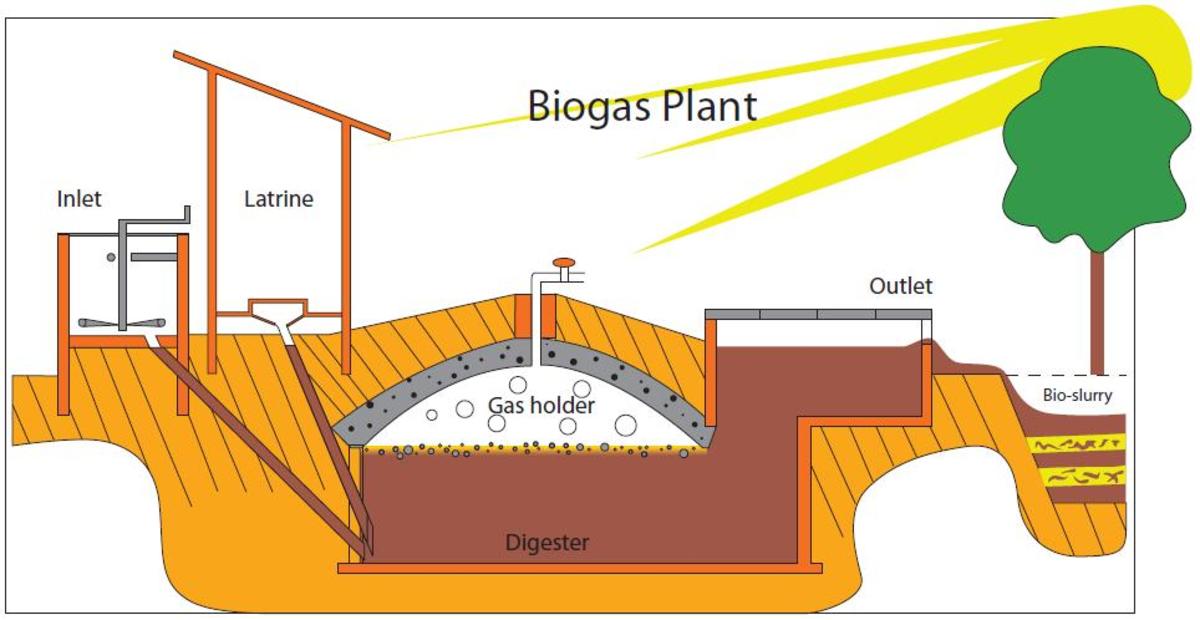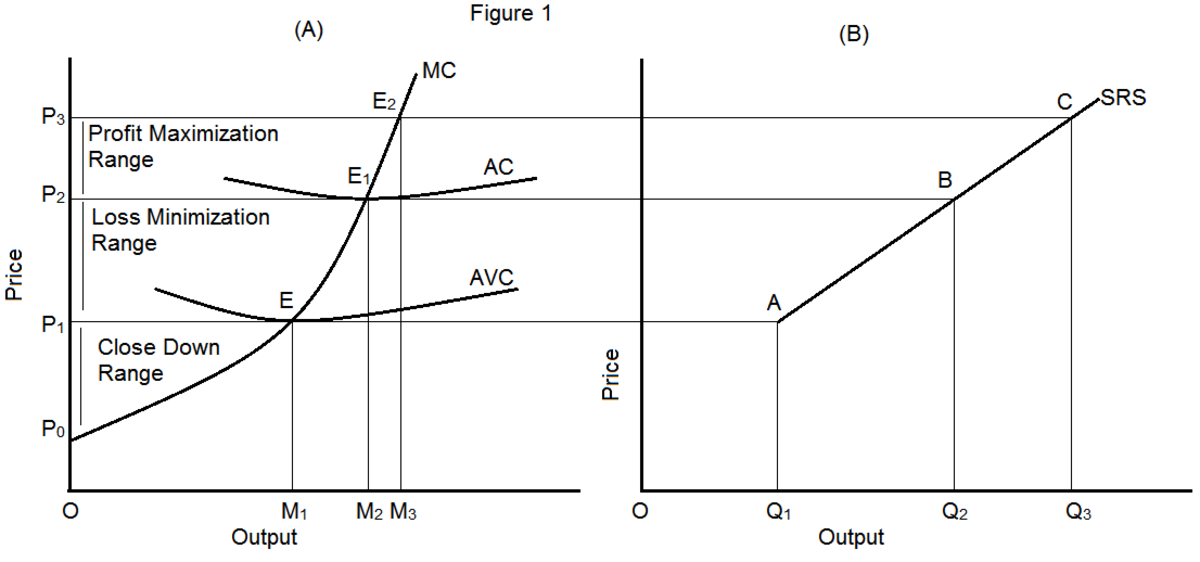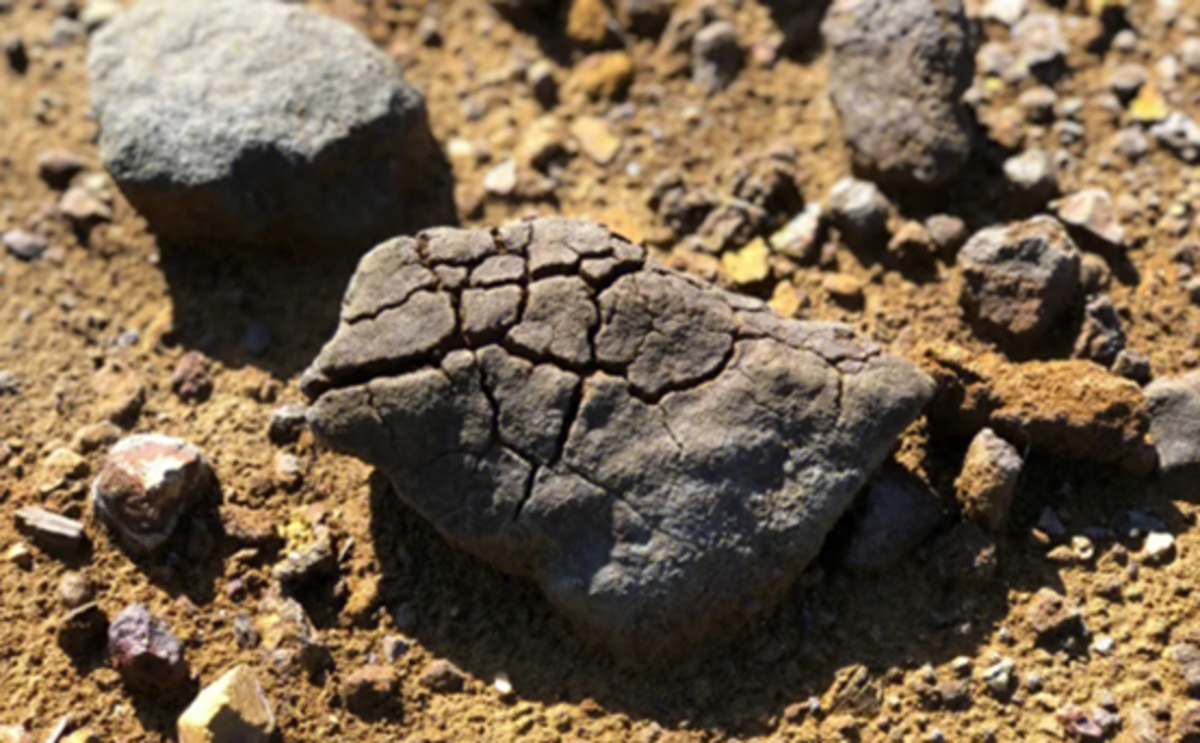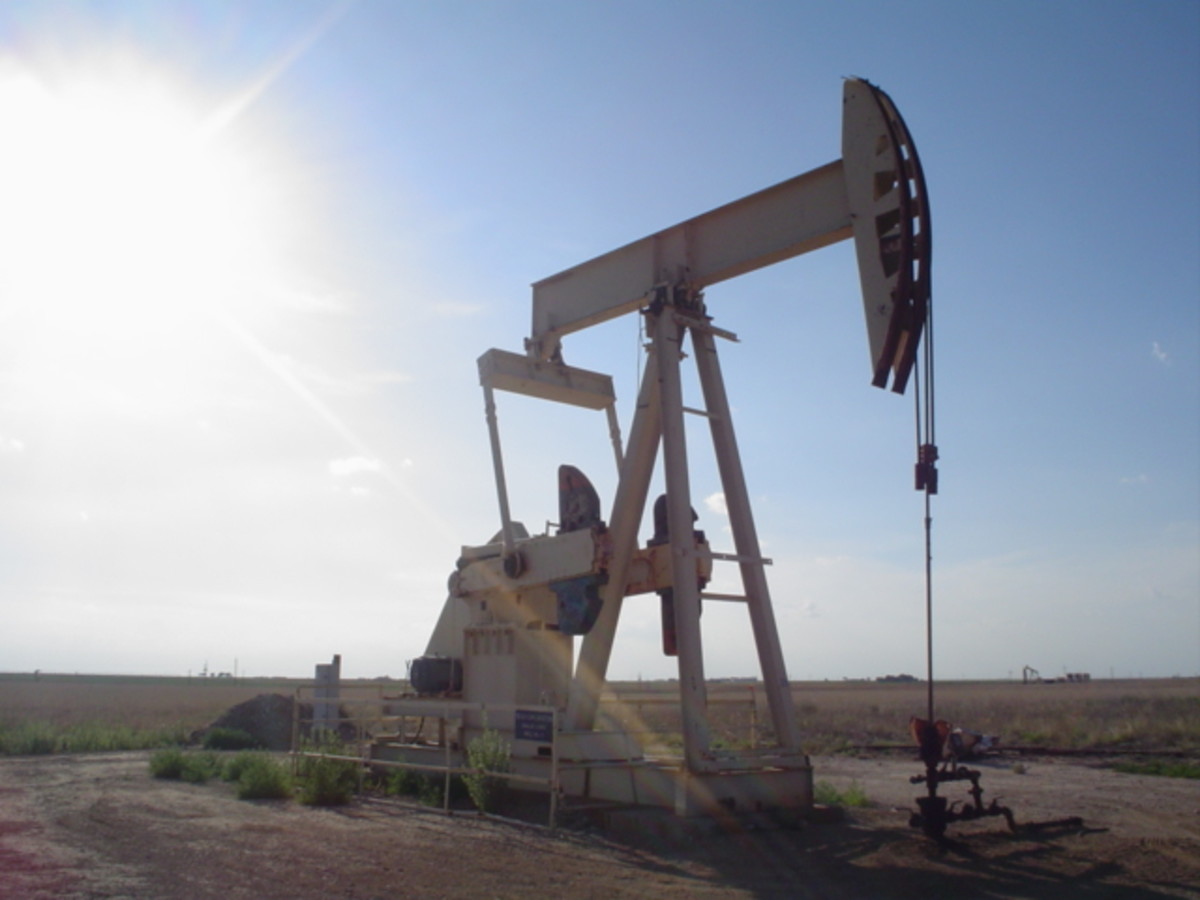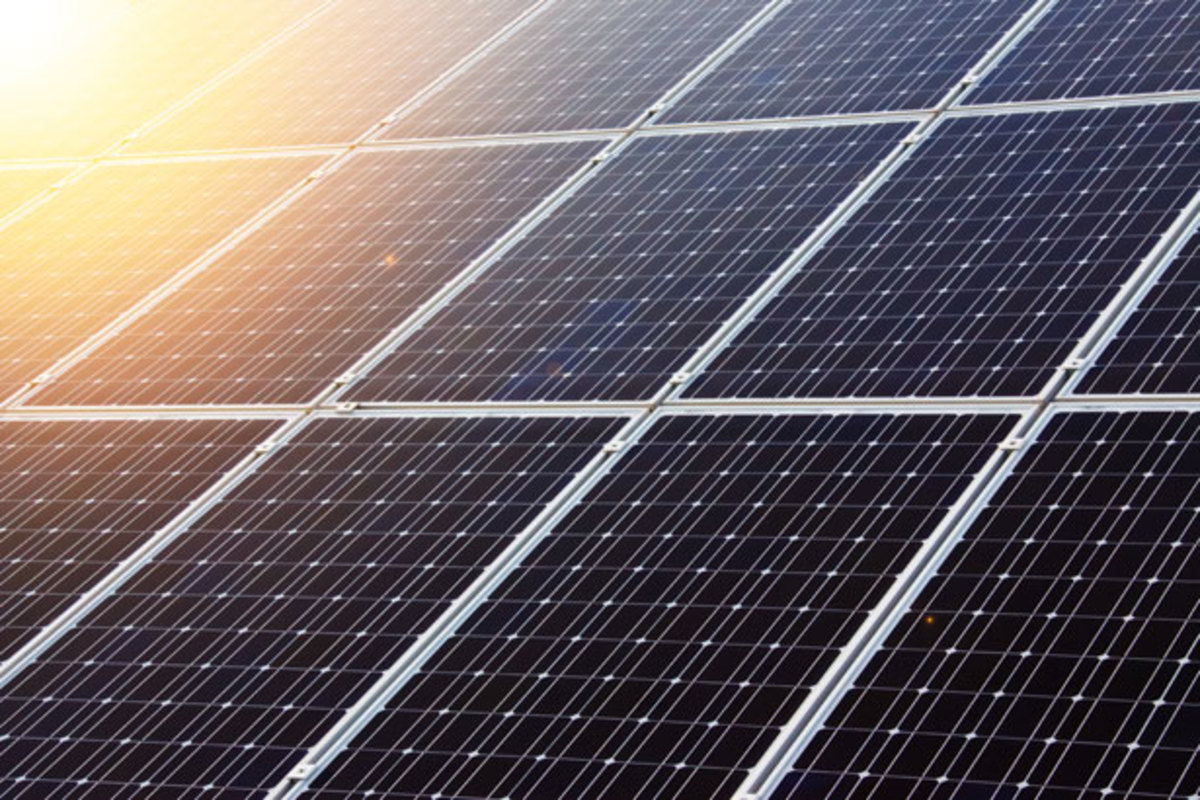Do You Know What Peak Oil Is? If Not, You Should

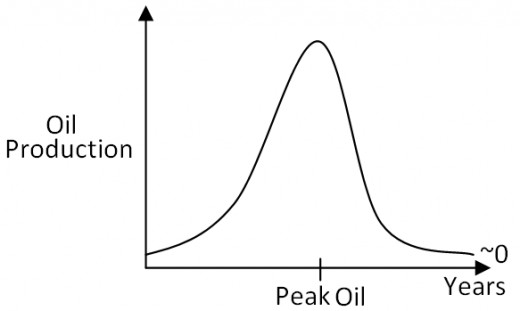
Contrary to popular belief, your car may not have gas forever. In the 50s, M. King Hubbert predicted what is now known as the Hubbert Peak Theory, or hypothesis. The picture to the right explains everything you need to know about the Hubbert Hypothesis. As you can see, there are no complicated values because, honestly, no one knows what the values are yet. Over time, oil production will increase until it reaches the highest possible point it can reach, peak oil, then oil production will decrease forever. Hubbert's Hypothesis was tested in the 1970s when oil production the United States reached its peak oil and has steadily begun to decrease over time, with the exception of the discovery of the Prudhoe Bay oil field in Alaska. Still, the prospect of peak oil and subsequent decrease in oil, a product that we have all become extremely depend on, looms in the near or distant future. Peak oil would mean a decline in not only gas powered vehicles but also oil products, such as gas used to heat homes and plastics used in everything from clothes and household products.

More Interesting Hubs
- Ever Wonder What is in the Air We Breathe?
The air you breathe makes a difference. - You Are Currently Moving at about 1,000 mph!
Find out how you are moving while standing perfectly still.
The Formation of Oil and Gas
To understand exactly what Peak Oil is, one must understand how oil is formed, as seen in the picture above. Contrary to the popular belief that oil is simply made from decomposing dinosaurs, oil is formed mostly in the oceans. One of the first things you may notice about the Earth is that it is mostly covered by water. You may also notice that water and rocks all flow toward the oceans. Rain water makes streams and rivers that eventually carry rocks of all sizes to oceans. Along with rocks, plants, dead animals, and other organic matter eventually make their way to the ocean. The ocean itself has organic matter in the form of plants, fish, and other marine life. After they die these types of organic matter slowly fall deeper and deeper to the ocean floor where layer upon layer of organic matter and rocks accumulate over time. With more time, temperature, and pressure the organic material changes into many different forms. Eventually, oil and gas is formed and can be contained within rocks. The oceans change and move and causes some oil and gas to stay in the ocean floor and some to be found on land. Since layers of rock have been placed on top of it, drilling is often required to release oil and gas. Now you see, dinosaurs may have played a small part in the development of oil but, in reality, all organic matter in the history of the Earth has played a role in the formation of oil and gas.
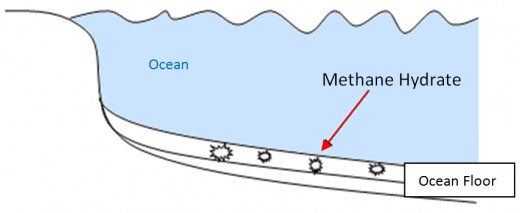
Hubs on "The Control of Nature"
- Cooling the Lava: The Battle to Save Heimaey
Read about the terrifying ordeal of waking up to an active volcano erupting just outside your front door and how a town was sacrificed. - Controlling Nature?
A look at John McPhee's several examples of failed attempts to control nature in "The Control of Nature." They are given to illustrate that people are the mercy of the elements.
What factors will change the timing of peak oil?
Although peak oil is a certainty in the world's future, the question of when peak oil production will happen depends on many factors. If countries increase quantity of oil and gas reserves it may take longer to reach peak oil. Furthermore, if advances in nuclear/uranium power and renewable energies become more feasible and used by the mainstream public peak oil can be delayed. Increases in offshore drilling, finding more oil and gas fields, and advances in enhanced extraction techniques, like using steam and CO2 injection during hydraulic fracturing (fracking), can also extend the time we have until peak oil takes place. A huge wild card in the timing of peak oil is methane hydrates. Methane hydrates are big pockets of methane deposits found in sea beds, as illustrated to the right. They are hard to find and their occurrence and size are extremely variable. If larger methane hydrates are found it could delay peak oil for several years or decades. Finally, the most obvious way to prolong the occurrence of peak oil is to reduce petroleum use. Reducing the use of petroleum is easier said than done because just about everything contains even the smallest amount of refined oil products and oil is essential to the transportation sector. Yet, if the modern world we live in is to continue to thrive the way it has been in the last century, it is imperative to find a way to delay the occurrence of peak oil.

Another Hub on Oil
- Do You Know What Else Crude Oil Makes?
If the first thing you think of when you think crude oil is gasoline for your car, you might want to consider that crude oil is a crucial component in making these far more essential products. Simply reading the paragraph titles will give you a bette
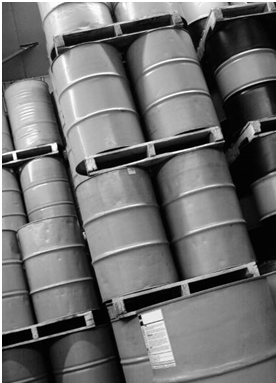
What factors will change production rates?
There are a few things that drive the change in oil production rates. The primary force behind the rate of oil production is demand. In the last few decades, the rate of oil production has increased and the price stayed at a nearly constant value. However, in the last decade more oil producing countries have reduced production for various reasons and the price of oil has sky rocketed. What used to cost $1/gallon a little over a decade ago is now as high as $4.50/gallon and rising. The production of oil decreased and the price rose. This fluctuation has caused speculation in futures markets, like the stock market, to price oil and gas either too high or too low and, consequently, increase or decrease production. These speculations have caused record breaking profits for large oil companies in recent years. On the other hand, one of the primary ways for the price of oil to decease is to use more renewable energy or use fuel more efficiently. There continue to be more and more ways to use renewable and efficient energy and if this continues oil production will increase and the price will decrease. Oil production is the driving force behind the price of most products on today's market. As long as production is properly maintained peak oil will be prolonged.

As you can see, the occurrence of peak oil is very important to our modern world. Peak oil could mean pandemonium or, most likely, it could mean a much needed change in relying so heavily on oil and gas. Peak oil would make more renewable energy sources, such as solar power, wind power, and fuel cell technology more affordable. These types of renewable energy would mean less carbon dioxide emissions, less pollution, and a way to stop global warming. Peak oil may be the wake up call that people need to use clean energy sources.
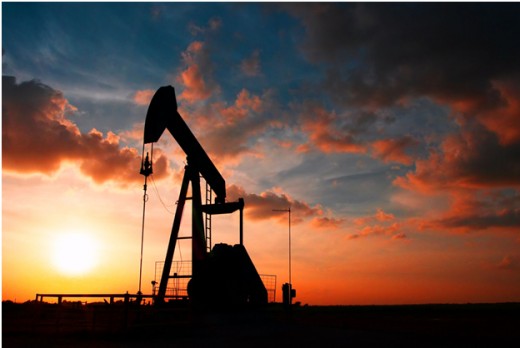
© 2012 morningstar18


